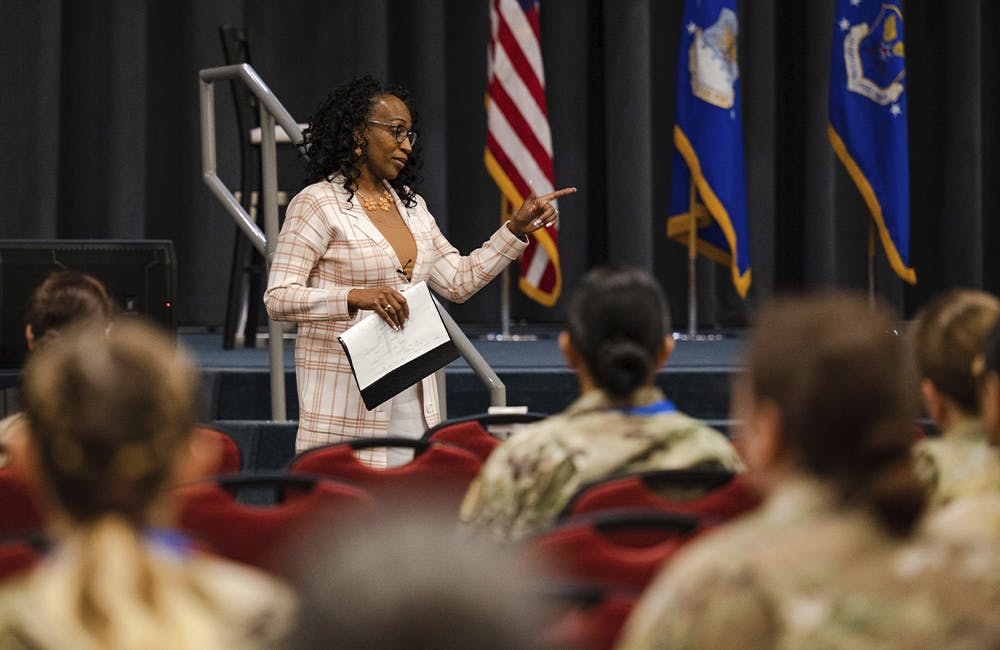NIH Launches Study for Undetected COVID-19 Cases Using At-Home Blood Sampling
The research will interact with participants virtually to shed light on the overall rate of infection across the country.

The National Institutes of Health is recruiting up to 10,000 healthy volunteers for blood samples in a nationwide research study on the spread of the novel coronavirus.
Led by researchers at the National Institute of Allergy and Infectious Diseases (NIAID) and the National Institute of Biomedical Imaging and Bioengineering (NIBIB), the new study will collect and analyze participant antibodies using blood samples, known as a serosurvey, to find out who may have been infected by the coronavirus but had not received an official diagnosis.
It will also help determine which communities and populations have been impacted by the coronavirus from those who were not officially diagnosed.
“This study will give us a clearer picture of the true magnitude of the COVID-19 pandemic in the United States by telling us how many people in different communities have been infected without knowing it because they had a very mild, undocumented illness or did not access testing while they were sick,” said NIAID Director Anthony Fauci in a press release.
The most common way to currently identify active COVID-19 cases is through molecular testing using various nasal swabbing tools and techniques. However, this testing method is unable to identify those who have previously contracted the virus and recovered from it.
Additionally, some people infected with the disease may not present any signs of illness.
“One of the [pieces of] information that we have confirmed now is that a significant number of individuals that are infected actually remain asymptomatic. That may be as many as 25%,” Centers for Disease Control and Prevention Director Robert Redfield told NPR.
This is distinguishable from the high number of individuals who are presymptomatic that could spread the virus one to three days before displaying symptoms through direct or indirect contact. Blood sampling could help better pinpoint that percentage.
“An antibody test is looking back into the immune system’s history with a rearview mirror,” said Matthew Memoli, principal investigator of the study and director of NIAID’s Laboratory of Infectious Diseases Clinical Studies Unit. “By analyzing an individual’s blood, we can determine if that person has encountered SARS-CoV-2 previously.”
Once approved, participants will report on basic demographic information through a health assessment questionnaire during a virtual clinic visit. Afterward, they will provide one blood draw through a preferable in-person visit to NIH’s Clinical Center in Bethesda, Maryland, or by mail using an at-home testing kit provided by the medical device firm Neoteryx.
“With a small finger-pick, volunteers can help scientists fight COVID-19 from their homes,” said Kaitlyn Sadlter, chief of NIBIB’s Section for Immunoengineering and study lead for laboratory testing, in the release.
At-home blood collection has been beneficial to researchers to safely and efficiently track, analyze and understand other infectious diseases like influenza, the health agency official stated.
Still, sharing individual results from the study may take more than a few weeks for accuracy verification.
Participant blood samples will be stored at NIH for future research, while data gathered will be used for organizational and academic epidemiological models to create better assumptions on how many people have been exposed or infected, according to NIH.
The full data set or data subsets will also be made publicly available in multiple ways in the future as deemed appropriate, such as through clinicaltrials.gov and other data repositories.
This is a carousel with manually rotating slides. Use Next and Previous buttons to navigate or jump to a slide with the slide dots
-

Trump's HHS Secretary Pick Eyes Transparency, Data Access
Nominee Robert Kennedy wants to improve transparency and data access to empower patients and enable innovation in health care technology.
4m read -

Federal Leaders Revamp Tech Workforce, Policy
Despite the rise in interest of emerging technology, federal leaders see data, policy and the workforce as a best vehicle for change.
4m read -

Pentagon Selects Second Tranche of Replicator Drone Program
The second tranche of systems is part of the DOD’s two-year plan to field thousands of autonomous systems by August 2025.
5m read -

Looking Back at the First Trump Administration's Tech Priorities
In his first term, Donald Trump supported cybersecurity, space policy and artificial intelligence development.
4m read







